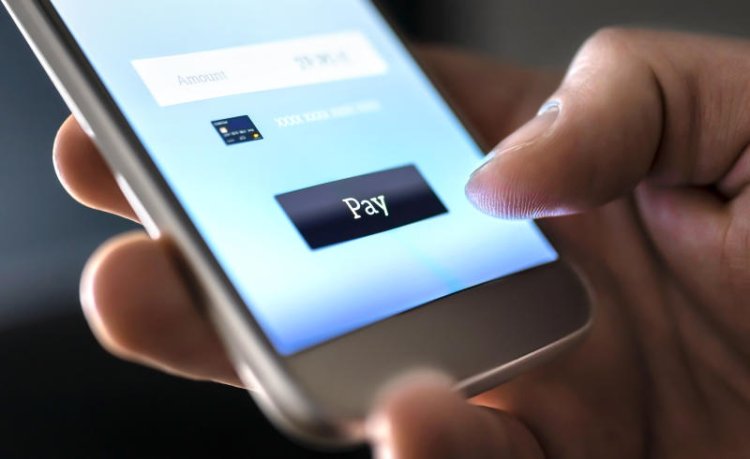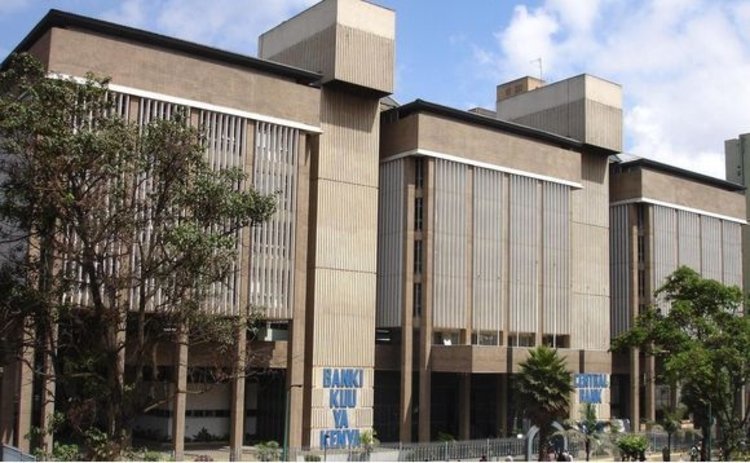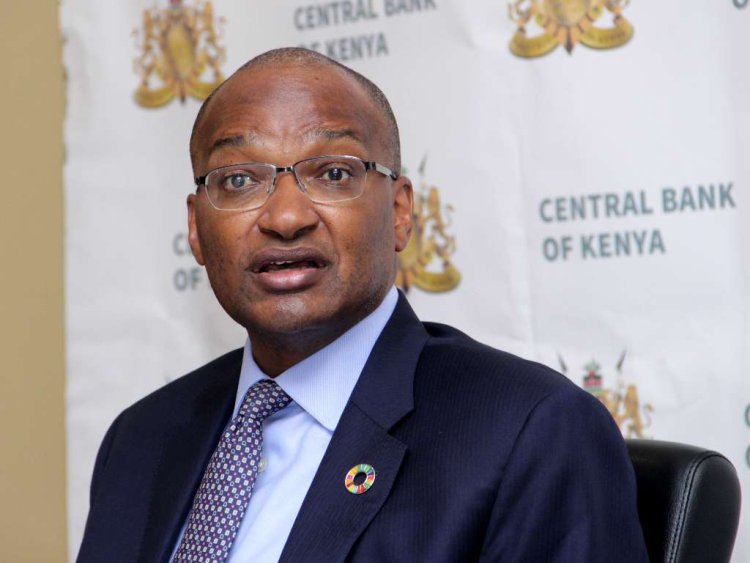Kenyans To Pay For Mobile Money And Bank Transfers Despite Court Order
The judge had on Thursday, January 12 ordered the telecommunications companies as well as the CBK to stop the reintroduction of the charges...

Kenyans will still have to pay fees for transactions between mobile money and bank accounts after the High Court refused to extend an order which suspended the charges.
This is after Justice Mugure Thande declined to extend the suspension, stating that the Central Bank of Kenya (CBK) and a local telco were not yet included as parties in the case.
In addition, the judge found that the application to join the regulator and the telcos is yet to be determined.

The CBK through senior counsel George Oraro opposed the extension of the order, arguing that the regulator and the banks were yet to be listed as a party to the case, hence found it difficult to comply with the court order.
Oraro had recommended for the court to hear all parties first, before suspending the charges. He further added that the case had been filed at the wrong forum as there are alternative dispute resolution mechanisms, which can be used to resolve the matter.
Justice Thande thus directed CBK and other parties to file their responses by Monday, February 6.
The court also said the case would be mentioned before Justice Anthony Mrima on March 8, 2023, for directions and for an application to join the CBK, the mobile operators and the Competition Authority of Kenya.
The judge had on Thursday, January 12 ordered the telecommunications companies as well as the CBK to stop the reintroduction of the charges which took effect on January 1, 2023.
However, Viral Tea found that banks had continued to charge customers for bank-to-mobile transactions, defying the suspension order.
"The applicant contends that his rights and the rights of other members of the public have been violated, infringed and continue to be threatened by the 1st respondent herein and the Government of Kenya in view of the directive issued by the Intended 3rd Respondent on December 6, 2022," court documents read in part.
This came pending the determination of a case filed by Activist Moses Wafula who claimed that President William Ruto's government made blunders in the reintroduction process.
He argued that mobile money service providers will worsen the economic situation of Kenyans who are already struggling to recover from the COVID-19 pandemic.
"That, if the Banks continue riding on this Paybill infrastructure, making money from members of the public, then in the event that this honourable court finds this paybill platform in contravention of the constitution and various statutory provisions, the impact will be higher; more funds from the members of the public would have been lost and it may be a lot more difficult to ask the banks to refund such funds collected from the members of the public," Wafula argued.
In a statement on December 6, 2022, CBK explained that the charges were reintroduced upon consultations with the financial institutions and banks.
The charges were waived on March 16, 2020, as part of the emergency measures to facilitate the use of mobile money in the context of the COVID-19 (Coronavirus) pandemic. The new charges were however significantly lower than those that applied before and will apply after January 1, 2023.

CBK Governor Patrick Njoroge. /FILE






